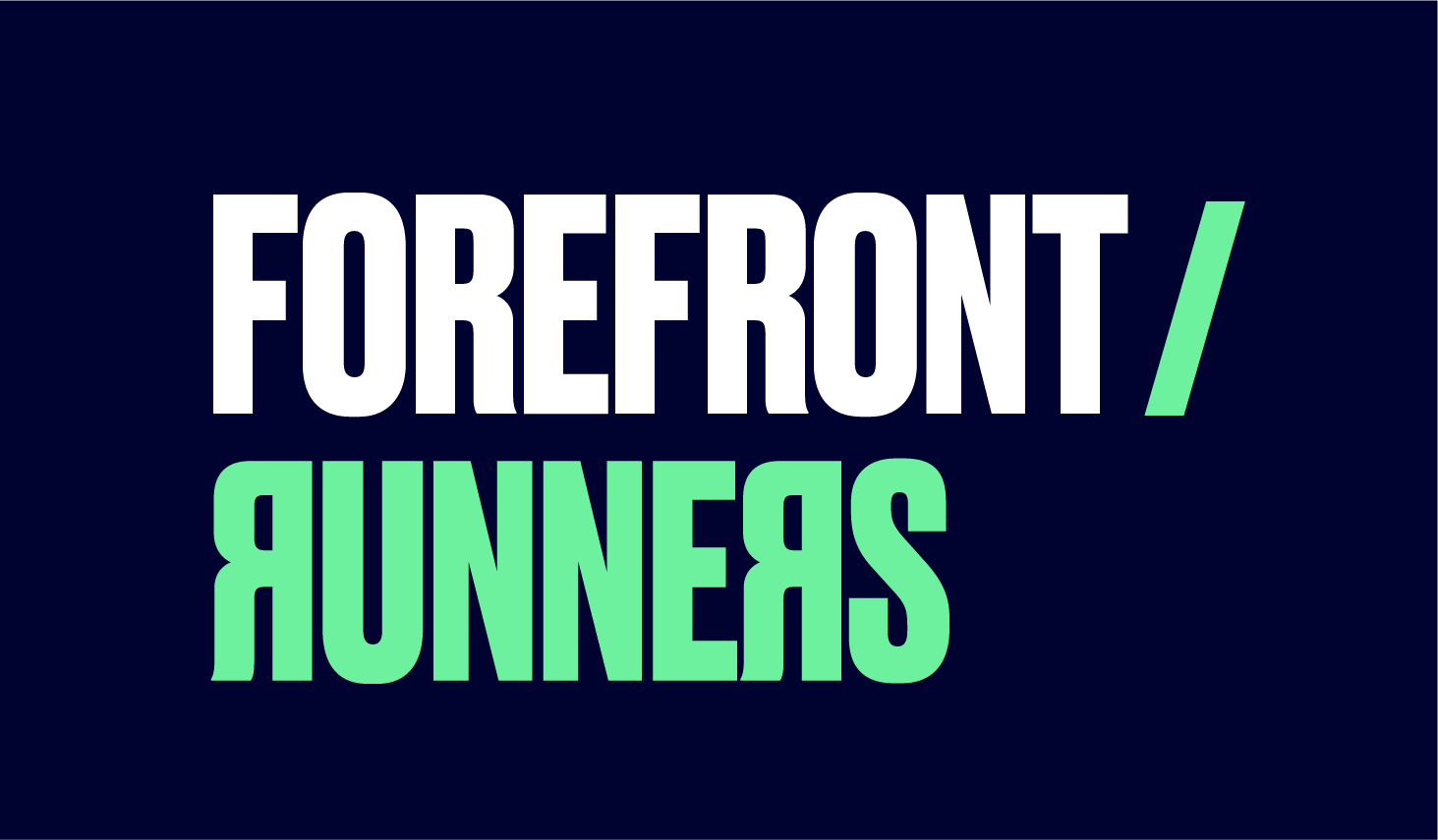Enhancing Athletes' Financial Literacy: Top 5 Must-Read Books.

For athletes, the journey to financial stability extends far beyond mastering their sport. Amidst the accolades and triumphs, understanding fiscal responsibility is paramount. To navigate the complexities of wealth management, these five books serve as invaluable guides, empowering athletes to secure their financial future.
The Total Money Makeover by Dave Ramsey: Dave Ramsey's book is a comprehensive guide to achieving financial fitness through practical steps and a clear plan. Tailored for individuals seeking financial stability, it provides actionable advice on eliminating debt, building an emergency fund, and creating a solid financial foundation. Ramsey's straightforward approach and emphasis on living debt-free resonate well with athletes aiming for long-term financial security. The book's focus on disciplined financial habits and wealth-building strategies makes it an excellent addition to an athlete's financial literacy toolkit.
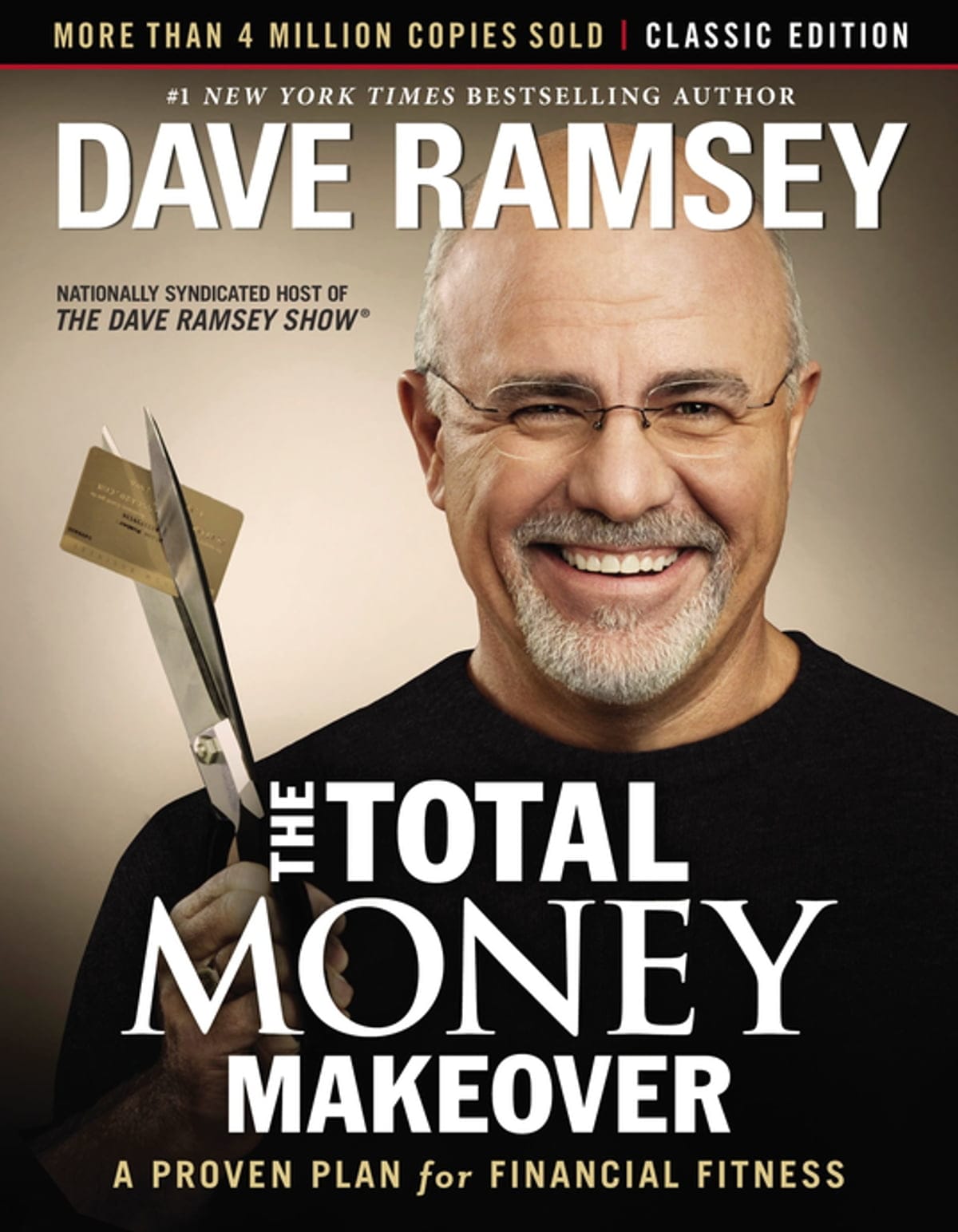
Money Master the Game: 7 Simple Steps to Financial Freedom by Tony Robbins: A staple in the realm of personal finance, Robbins' book distills wisdom from the world's most successful investors. Tailoring strategies for individuals from diverse backgrounds, including athletes, it simplifies complex financial concepts. Through interviews with legendary investors and actionable advice, Robbins empowers readers to build a solid financial foundation and make informed investment decisions.
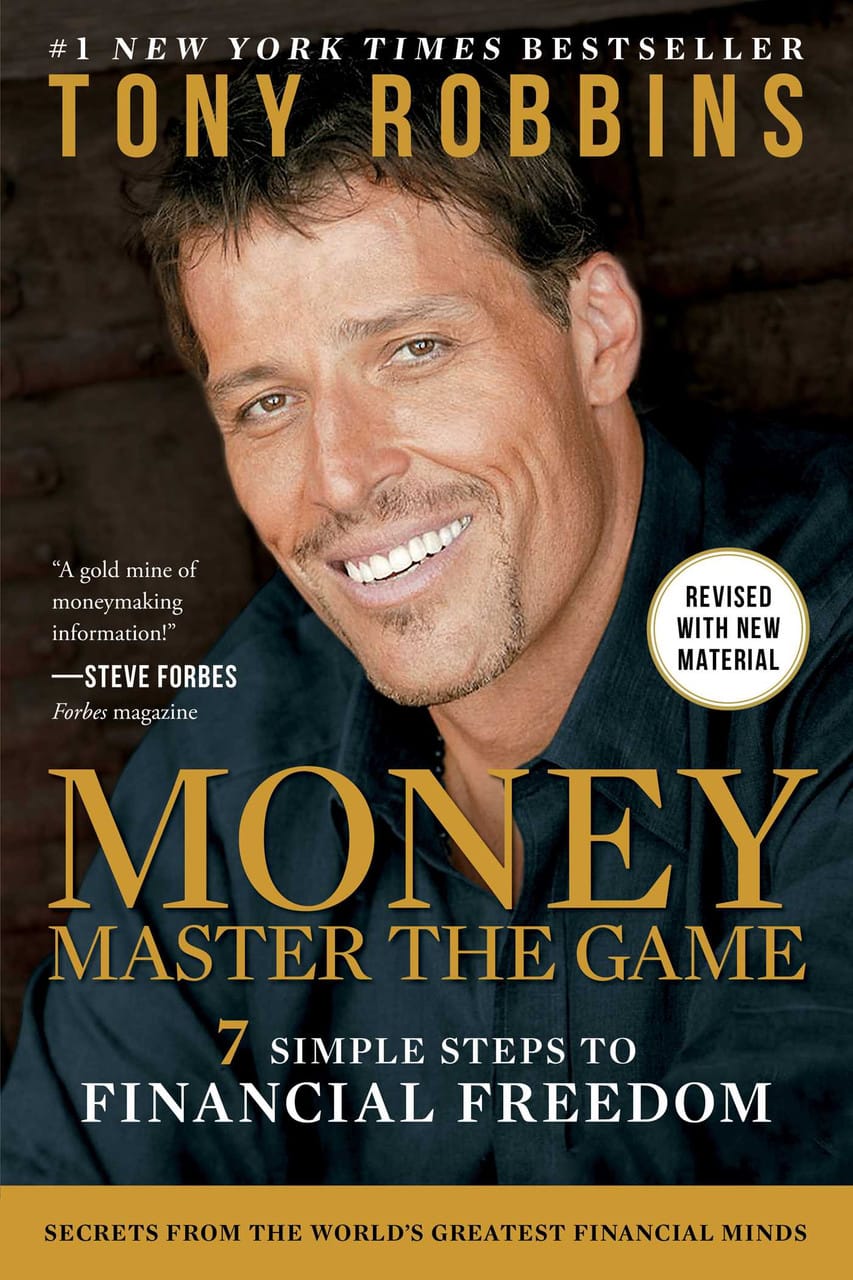
The Wealthy Barber Returns by David Chilton: Presented in an engaging storytelling format, Chilton's book imparts timeless financial lessons. It covers essential topics like budgeting, investing, and planning for retirement, offering practical tips without overwhelming technical jargon. Athletes will appreciate its simplicity and relatability, making it an accessible resource for grasping fundamental financial principles.
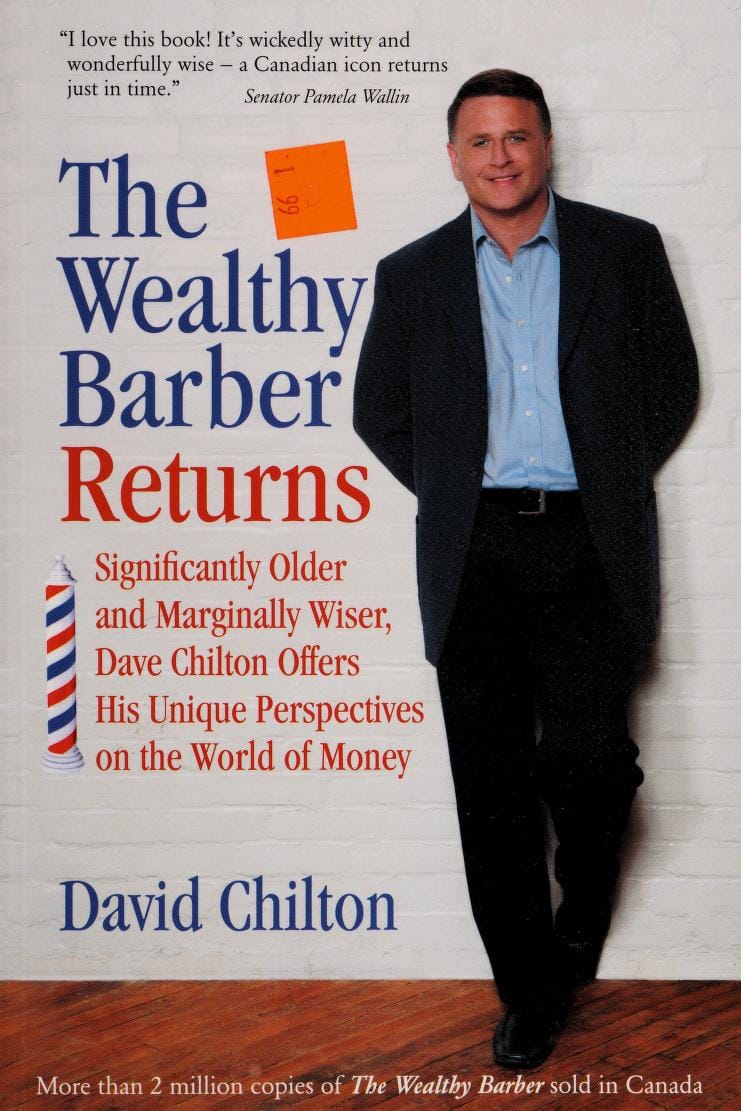
Rich Dad Poor Dad by Robert T. Kiyosaki: A classic in financial education, Kiyosaki's book challenges conventional wisdom surrounding wealth accumulation. By contrasting the mindsets of two father figures – one affluent but financially illiterate, the other less wealthy but financially astute – it reshapes perspectives on money. Athletes can glean valuable insights on asset acquisition, passive income, and the importance of financial education for long-term prosperity.

The Behavior Gap: Simple Ways to Stop Doing Dumb Things with Money by Carl Richards: While technical knowledge is vital, understanding one's behavior towards money is equally crucial. Richards' book explores the psychology behind financial decision-making, emphasizing the impact of emotions on wealth management. Through relatable anecdotes and simple illustrations, athletes can learn to avoid common pitfalls and adopt rational, disciplined approaches to finances.
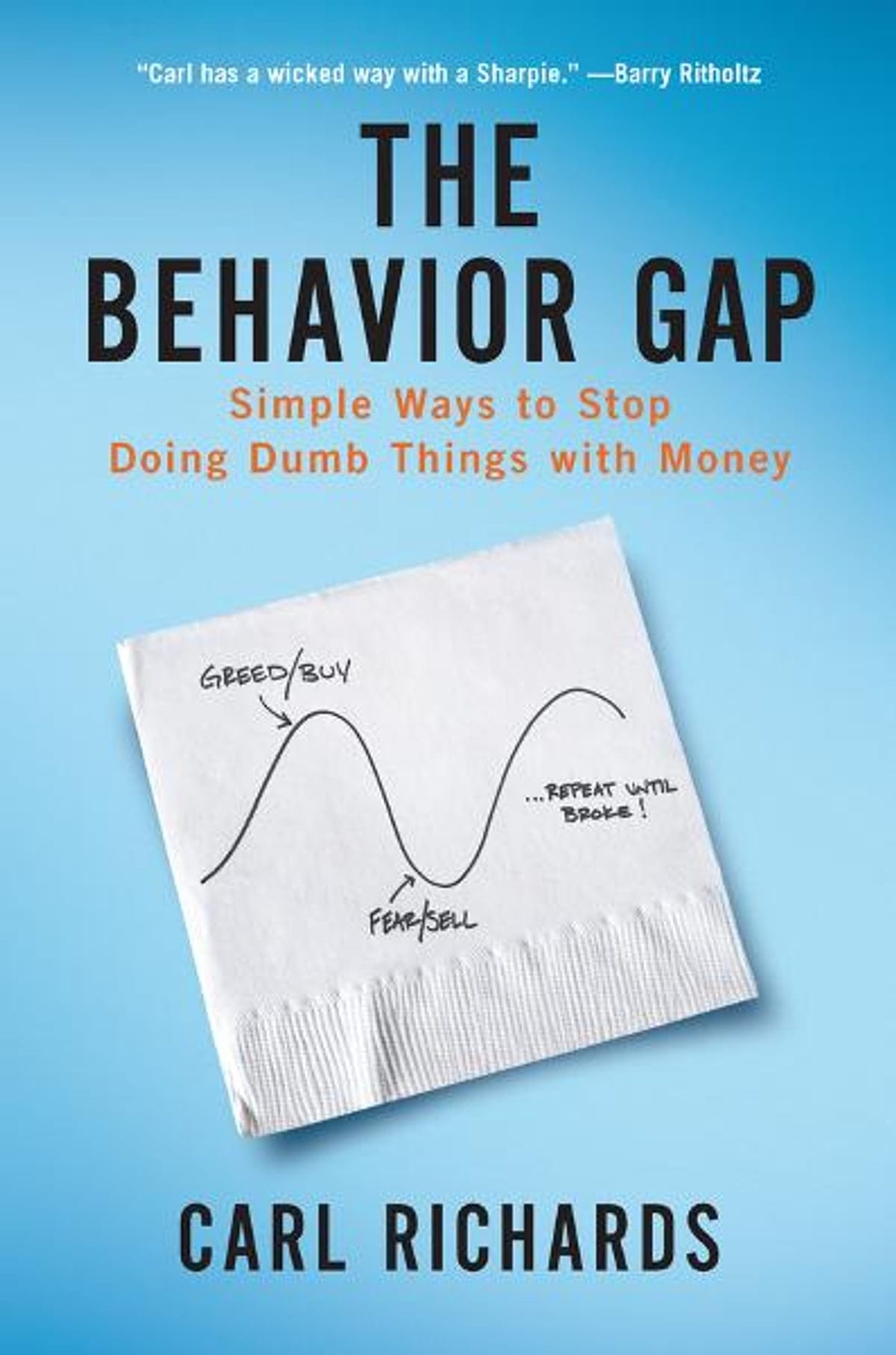
Empowering athletes with financial literacy transcends on-field achievements, enabling them to build sustainable wealth and secure their futures. By absorbing the wisdom encapsulated in these five books, athletes can stride confidently towards financial success, leveraging their careers as a stepping stone to long-term prosperity.
